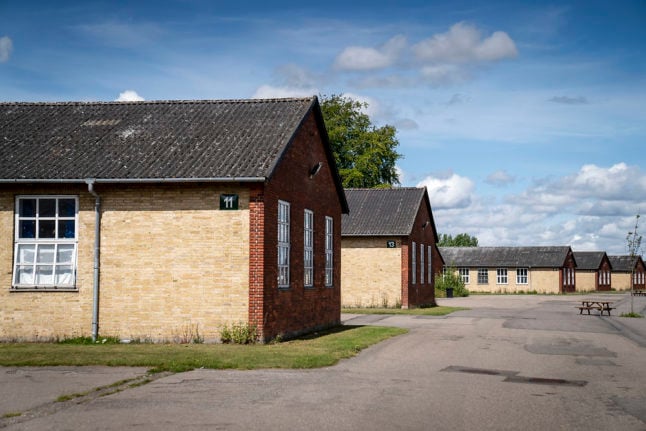Sylvere Ahorugeze, a 53-year-old former director of Rwanda’s civil aviation authority, will be extradited within three weeks of Rwandan prosecutors formally receiving the Swedish decision, the government said in its decision.
“The government has today decided to extradite to Rwanda a Rwandan citizen suspected of genocide in 1994,” Justice Minister Beatrice Ask said.
“Sweden is the first country in Europe to extradite a suspected genocide criminal to Rwanda. This has not been an easy decision,” she said.
Sweden’s Supreme Court ruled on May 27 that Ahorugeze could return home to stand trial, saying there was nothing in Swedish or European law that prevents someone suspected of genocide from being extradited.
Ahorugeze, who has been a refugee in Denmark since 2001, was arrested in July 2008 after he was recognized at the Rwandan embassy in neighbouring Sweden.
The Rwandan government demanded his extradition a month later.
He has been held in custody since July 16, 2008.
Ahorugeze is suspected of having been one of the leaders of the Hutu extremists involved in the genocide.
He is also believed to have murdered 28 Tutsis in a suburb of the Rwandan capital Kigali on April 7, 1994.
Hutu extremists killed some 800,000 people, mainly minority Tutsis but also some moderate Hutus, during the 100-day genocide.
Hutu extremists killed some 800,000 people, mainly minority Tutsis but also
some moderate Hutus, during the 100-day genocide.
Many nations, including Switzerland just one week ago, have been reluctant to extradite genocide suspects to Rwanda, citing concerns over the central African nation’s rights record and the independence of its judiciary.
Kigali hailed Sweden’s move as vindicating the progress made by its judiciary.
“This decision is a positive development…. It is proof that Rwanda now fulfills all the conditions for genocide suspects to be transferred,” Justice Minister Tharcisse Karugarama told AFP.
Human rights groups such as Amnesty International have called on countries not to extradite genocide suspects to Rwanda over fears they will not get a fair trial there.
However, Ask said the Rwandan justice system had made strides in recent years “and as recently as May 2009 new legislation has been adopted that mproves the legal system further.”


 Please whitelist us to continue reading.
Please whitelist us to continue reading.
Member comments